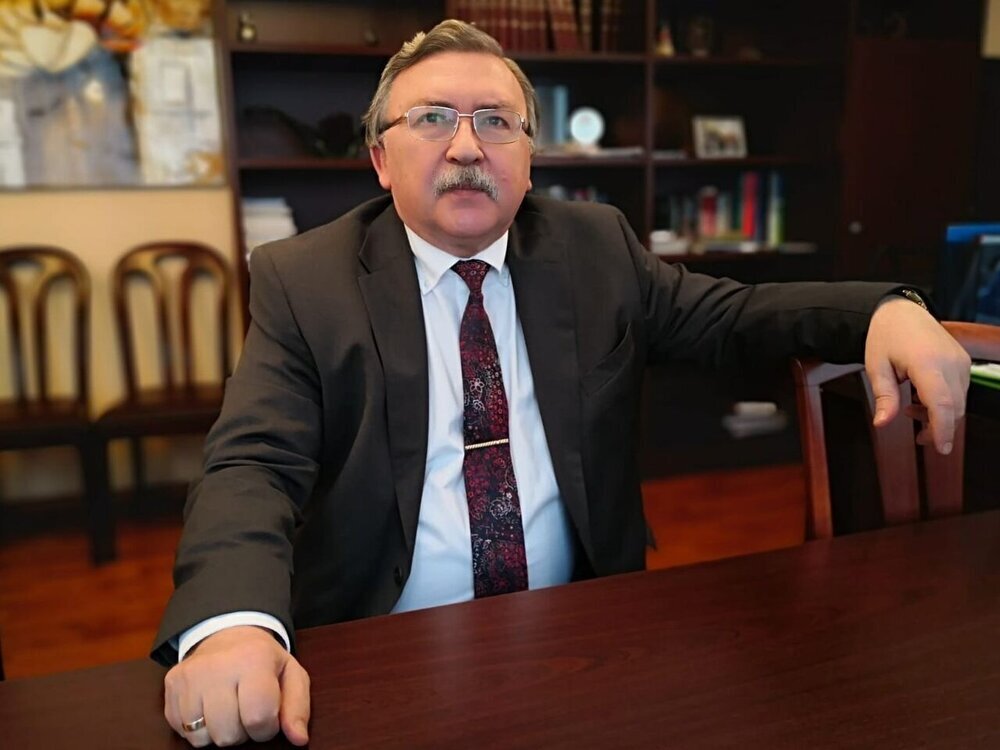IAEA report leakage aimed to create unhealthy atmosphere around Iran: Russia

TEHRAN — Mikhail Ulyanov, Russia’s permanent representative to the Vienna-based international organizations, says the leaks of confidential IAEA reports on Iran is the fault of individual member states that hope to create unhealthy atmosphere around Iran.
“I am absolutely sure that the leaks of confidential #IAEA reports on #Iran isn’t the fault of Secretariat of the Agency,” Ulyanov tweeted on Saturday.
“This is the responsibility of some individual Member States who leak the reports to #US media in a hope that they will create unhealthy atmosphere around Iran,” he added.
On Friday, Western news agencies published a confidential IAEA report on nuclear inspections in Iran.
According to an AFP article, Iran’s enriched uranium stockpiles were almost eight times the limit permitted by the 2015 nuclear deal.
According to Reuters, the report contains a call on Iran to “immediately cooperate fully with the agency, including by providing prompt access to the locations specified.”
On March 3, 2020, Western media also released a similar confidential report on Iran, with similar conclusions, Tass reported.
In an earlier tweet, Ulyanov said the leak of the IAEA’s confidential report is outrageous but it may have one positive implication.
“It is clear from the content that the issue is of no immediate proliferation concern,” he wrote. “Events (if any) took place 20 years ago. The problem lies in a different dimension.”
According to the Russian envoy, the report was intended for members of the IAEA Board of Governors. However, minutes after being handed over to them, the report leaked to Western news agencies, which published excerpts from it.
“This means that the regime of confidentiality in the agency’s work is absolutely not working,” Ulyanov said.
In 2015, Iran and six major powers, including the United States, Russia, China, France, the United Kingdom and Germany, reached a nuclear agreement, officially referred to as the Joint Comprehensive Plan of Action (JCPOA), which included removal of sanctions imposed on Tehran in exchange for some limits on Tehran’s nuclear program.
On May 8, 2018, U.S. President Donald Trump announced Washington’s withdrawal from the Iran nuclear deal. He restored old sanctions on Iran and added new ones as part of its maximum pressure policy on the Islamic Republic.
Other signatories defied the U.S. move. But Tehran believes they – particularly the three European countries – have failed to fulfill their economic obligations under the deal.
MH/PA
Leave a Comment